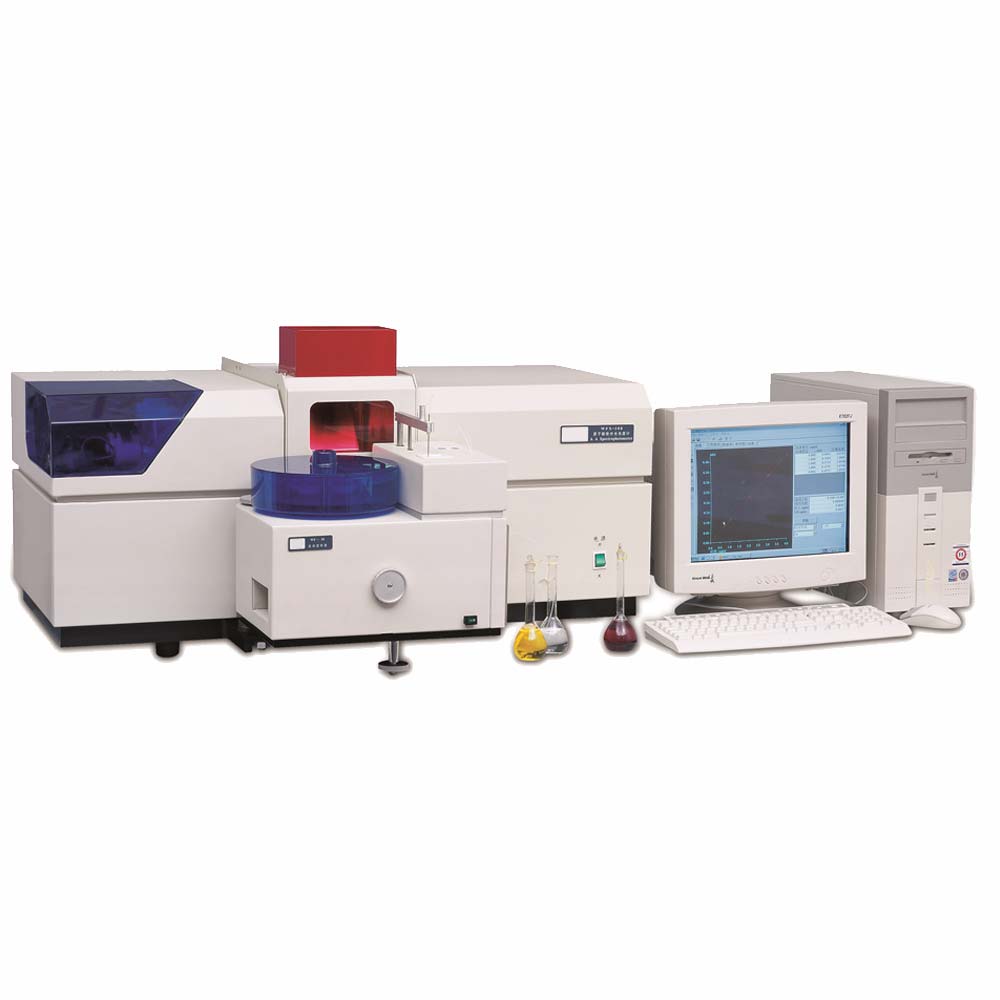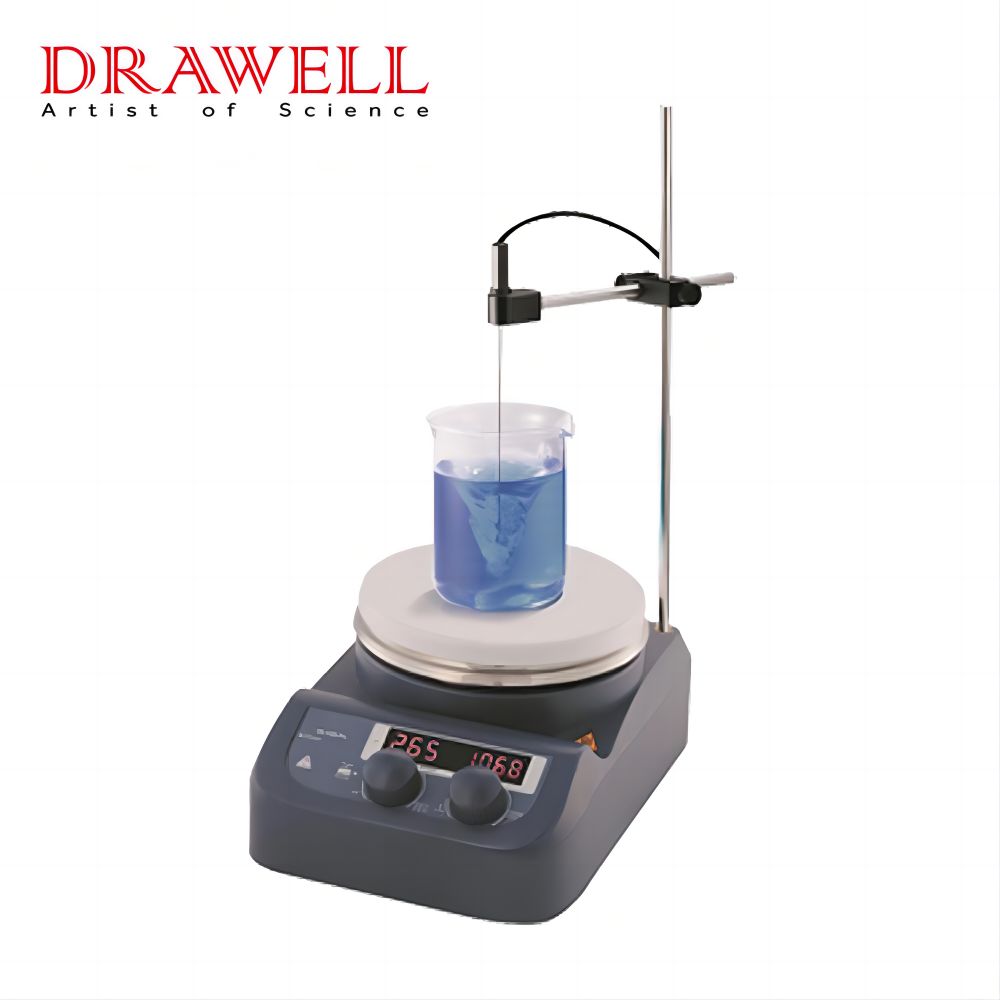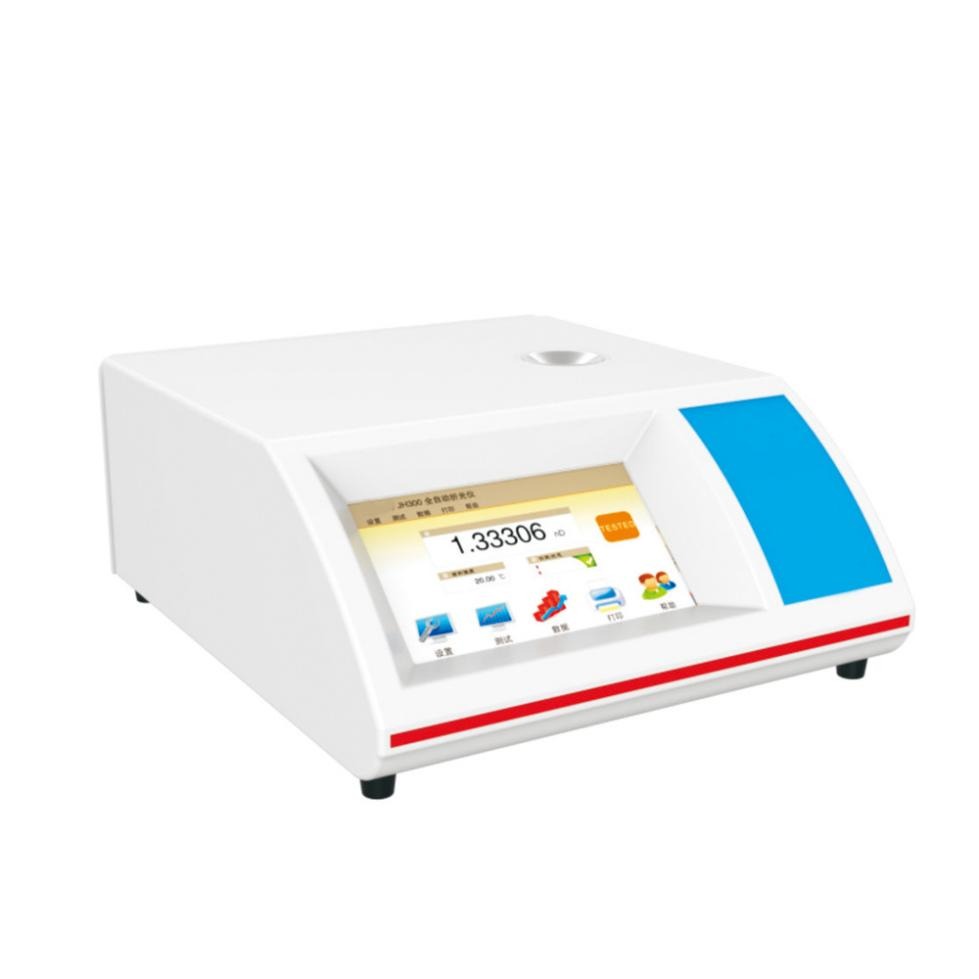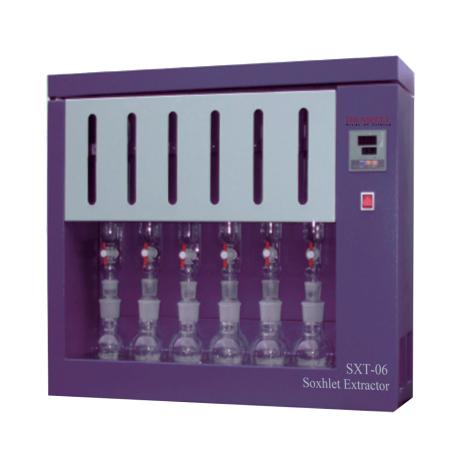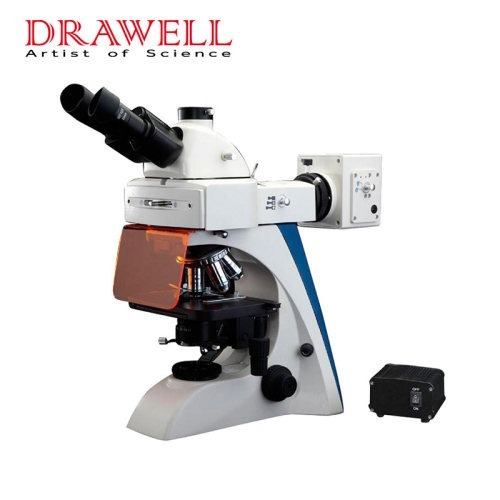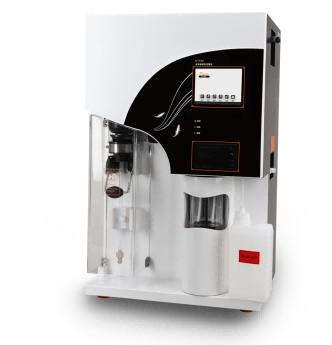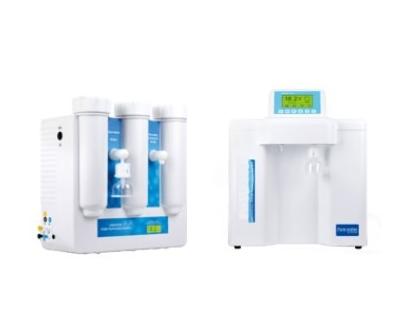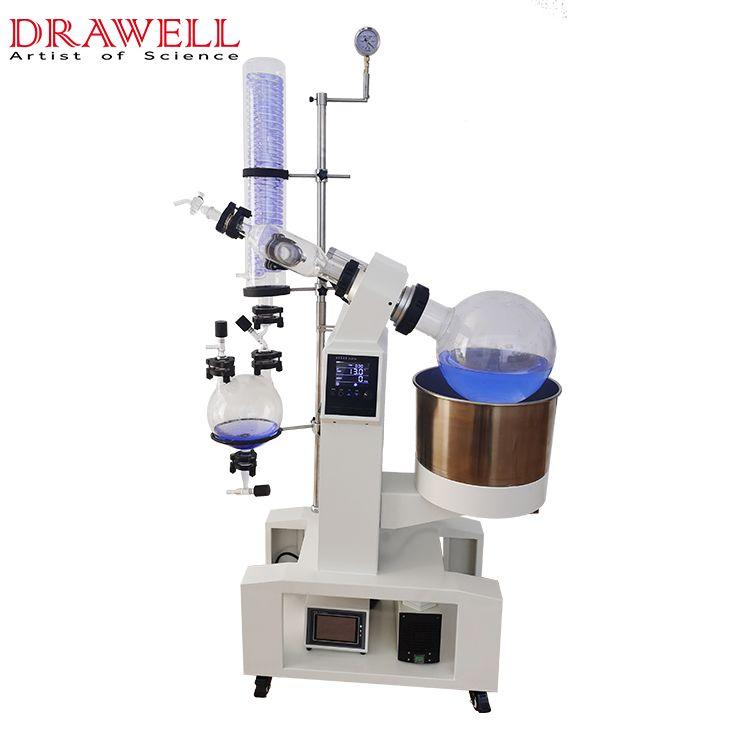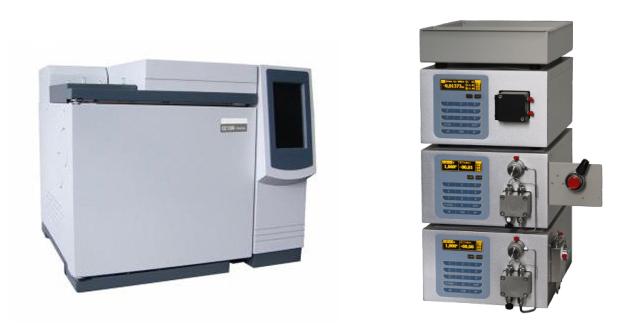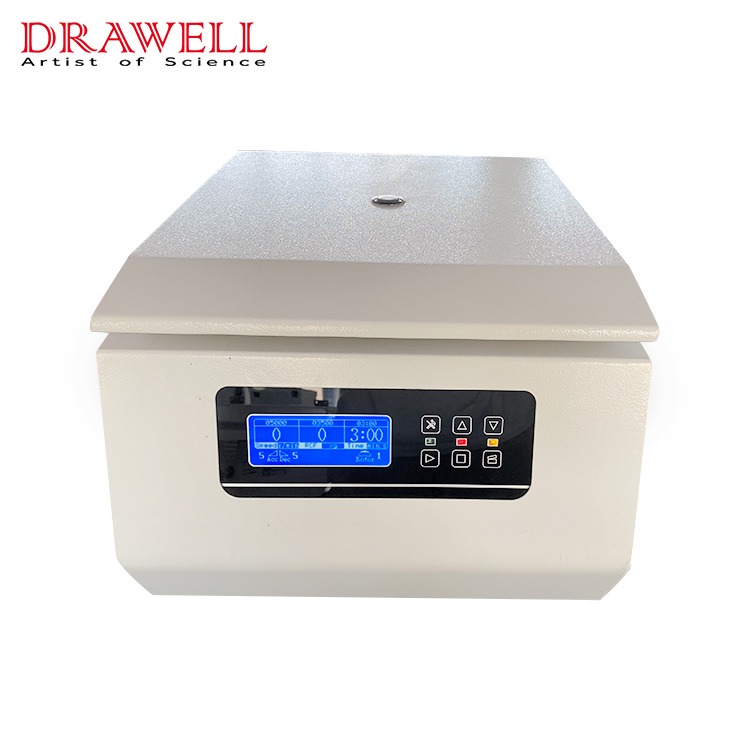News
How Atomic Absorption Spectrometer Works?
An atomic absorption spectrometer (AAS) is an analytical technique that measures the concentration of an element in a sample by its absorption of light at a specific wavelength. AAS is a very sensitive technique and can be used to measure the concentration of elements at very low levels. The basic principle of AAS is that atoms in…
What is A Magnetic Hotplate Stirrer: Mechanics and Effectively Using
In the realm of laboratory equipment, innovation continuously shapes the way researchers conduct experiments and studies. One such innovation that has revolutionized the mixing and heating processes is the magnetic hotplate stirrer. This dual-function apparatus combines the capabilities of a hot plate and a magnetic stirrer, streamlining processes and enhancing efficiency. In this article, we…
Automatic Refractometer: What It Is and How to Use
In various industries where precise measurements of liquid properties are essential, the automatic refractometer emerges as an invaluable tool. This sophisticated instrument plays a pivotal role in quality control, research, and development by accurately determining the refractive index of substances. In this article, we delve into the workings of the automatic refractometer, its applications, and a…
How to Use a Soxhlet Extractor Efficiently and Safely?
A soxhlet extractor is a common scientific instrument used to extract soluble components from solid materials using a continuous solvent extraction technique. It is widely used in chemistry, pharmaceuticals, food testing, and environmental testing. In this article, we will discuss the topic of how to use a soxhlet extractor efficiently and safely. What is a Soxhlet Extractor?…
When We Use a Fluorescence Microscope?
A fluorescence microscope is a strong tool for investigating and observing microscopic structures and processes that are widely utilized in many scientific domains. Its ability to detect and intensify fluorescence, a phenomenon in which certain chemicals emit light when exposed to specific wavelengths of light, makes it a powerful tool in research, diagnostics, and other applications. In…
Kjeldahl Nitrogen Analyzer: Why Use It and How It Works
In the world of analytical chemistry, determining the nitrogen content in various samples is crucial for multiple industries, such as food, agriculture, environmental, and pharmaceutical. One of the most reliable methods for nitrogen analysis is the Kjeldahl method, and the Kjeldahl Nitrogen Analyzer plays a vital role in this process. In this article, we will explore…
How Laboratory Water Purification Systems Remove Impurities: Technologies and Processes
Water is a fundamental resource in laboratories, critical for numerous research and experimental applications. However, the presence of impurities, contaminants, and various substances can adversely impact the accuracy and reliability of scientific outcomes. Laboratory water purification systems are designed to address this challenge by effectively removing impurities, ensuring researchers have access to high-quality purified water. In…
How Does a Rotary Evaporator Work?
In the world of laboratory equipment, the rotary evaporator stands out as a must-have for scientists and researchers of all disciplines. This sophisticated equipment is widely used in chemistry, biochemistry, pharmaceuticals, and other domains where solvent concentration and chemical isolation are critical operations. In this article, we focus on the topic of “How does a rotary evaporator…
4 Key Differences Between GC and HPLC
In the realm of analytical chemistry, chromatography stands as one of the most indispensable tools for separating and analyzing complex mixtures of compounds. Among its various forms, Gas Chromatography (GC) and High-Performance Liquid Chromatography (HPLC) are two widely used techniques, each offering distinct advantages and applications. In this article, we will delve into the key differences between…
PRP Centrifuge: Harnessing the Power of Platelet-Rich Plasma for Therapeutic Applications
Platelet-Rich Plasma (PRP) has gained significant attention in the medical and aesthetic fields for its remarkable regenerative and healing properties. PRP is a concentrated form of platelets derived from a patient’s blood, and its therapeutic potential lies in its ability to accelerate tissue repair, reduce inflammation, and promote collagen synthesis. However, harnessing the full benefits of PRP…


